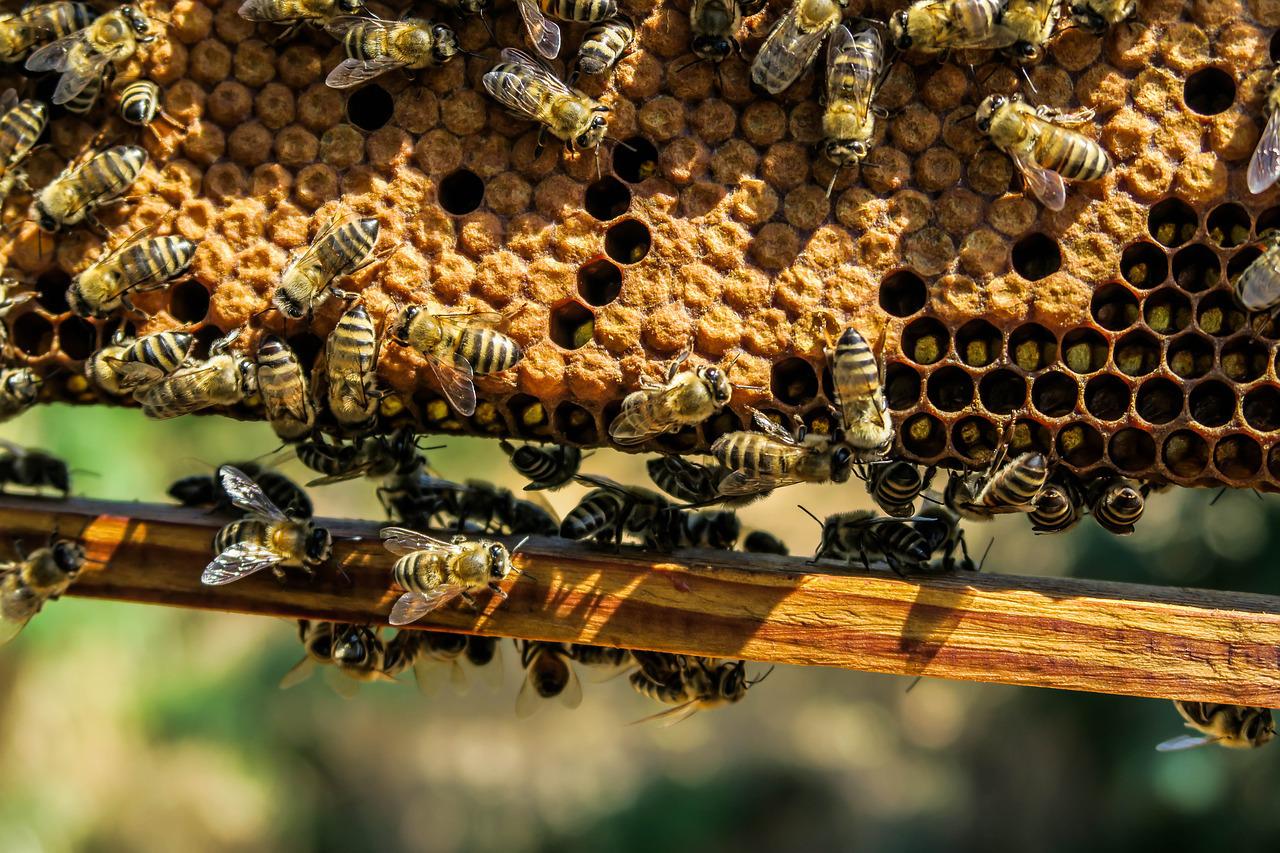I regularly read academic papers to ensure there is an evidence base to the work I do with my clients and what I share with the wider community.
An article published in the past year – Work after retirement affects elderly mental health and behaviors in Addis Ababa looked at the impact of being without a job, post-retirement on mental health.
It was based on research undertaken in Ethiopia, which makes a change from the more common WEIRD research (western, educated, industrialized, rich and democratic) which can represent up to 80 percent of study participants whilst only 12 percent of the world population. This term was introduced by Henrich et. al. in 2010.
In Ethiopia life expectancy is still lower than in the west, which was age 66 in 2015.
It’s another paper that refers to the ‘elderly’ with reference to people aged 60 to 69. I’m assuming this is a young researcher. Approaching 65 I certainly don’t see myself as ‘elderly’ and I’d love to get some better terminology. You can be classed as retired but still be seen as mid-life. I quite like the name of young-olds and later the old-olds.
In Ethiopia older adults can retire at 60 and receive 30 percent of their average salary for the last 3 years plus an additional percentage for each year of work. But for many this isn’t enough to support the family and pay the bills.
This study measured rates of depression, life satisfaction, how people perceived their health, their participation in community activities (social integration) and levels of perceived social support from family, friends and significant others. It also looked at health behaviours such as how much they drank and smoked.
Their results found that working after retirement has an influence on retirees mental and perceived health. Mental health issues can increase with those who retired involuntary. After retirement if you want to work but can’t get another job you are more likely to be depressed than if you had stayed in work, and this is further related to a lack of financial resources to meet household expenses and family burden. If they had better social integration it reduced the likelihood of depression. They also found that older adults without a job were more likely to increase their level of alcohol use.
Life satisfaction was lower for those who didn’t work and also dropped as people aged, I assume this was because people weren’t doing anything meaningful.
This, like other research papers compares working and not working. Assuming that working means a job. However, there are other ways that we can occupy our time that isn’t purely leisure pursuits. People can volunteer, or study.
I’m interested in how people get meaning in life after full time work and this is around having a purpose. That could be feeding the chickens, caring for the bees, tending to a wild life garden and woodland pursuits, like one of my clients. Or a return to study to learn book keeping that may lead to some paid work but more importantly will be useful to their role as treasurer of a charity as undertaken by another. Both would be classed as ‘not working’ but their days are full of meaningful activity.
From my research whilst some people continue working as they need the income to survive, many people continue working because they are bored and can’t think of anything else to occupy their time. This is why I love working with clients to plan their later life, so it meets their needs and gives them space to grow into their ‘full self’, to be what they want to be. I wonder if some of these who keep working will carry on until in poor health and only then reflect on what they missed in life.
Dr Denise Taylor is a Chartered Psychologist and Vision Quest Guide, specialising in retirement transitions and elderhood. Regularly featured in the media, she is the author of 8 books including Find Work at 50+ and Now You’ve Been Shortlisted.
My next book – Rethink Retirement will be published later this year
- Award winning retirement coach with Amazing People
- Working with people at 50+ – The 50 Plus Coach
- Finding meaning and nature based retreats – see Denise Taylor website
